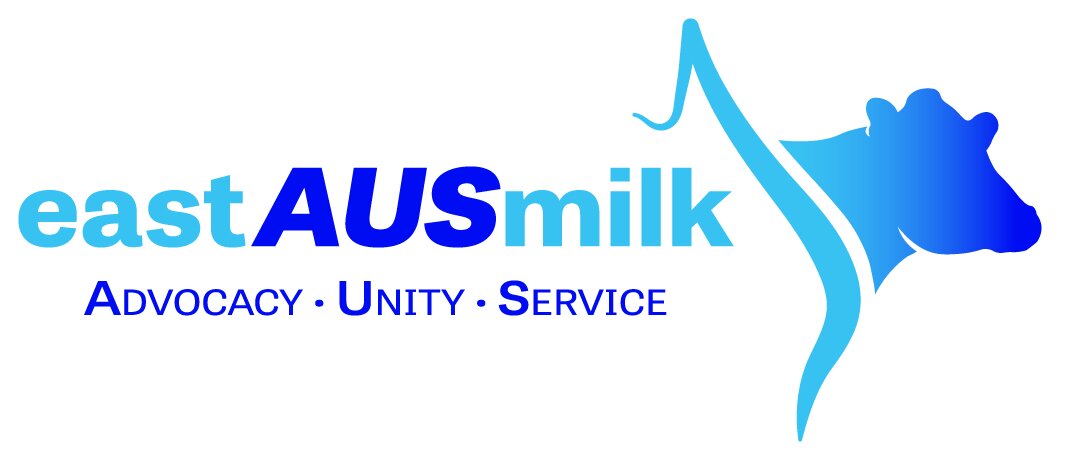NSW North Coast second wave of flooding puts farmers on alert again
Farmers in areas on the NSW North Coast declared as catastrophe zones earlier this month have been forced to pause the recovery effort and prepare for a second major flood event.
Four weeks ago, Paul Weir watched his milking herd wash away in floodwaters on his farm at Tuncester near Lismore.
Now he has moved what cattle and machinery he has left to higher ground out of reach of a "two-metre flood".
He has given up worrying about things outside of his control.
"It's more a psychological blow I think and slowing up any recovery and drying out, that's probably the biggest disappointment," he said.
"I can't stop the flood, if Mother Nature wants to put a record flood again well so be it, we haven't got as much to lose this time that's for sure."
With his dairy still a few weeks away from being repaired, his surviving cows have been moved to a farm at Goolmangar to be milked.
But he is worried that he may lose 1,000 fence posts and 500 round bales of quality feed he had bought and trucked in for when his milkers returned.
"We stacked the majority of that here above the one-in-100 flood level and I did err on caution, and we did take four semi loads up to higher ground on another farm just in case we got another flood," he said.
The NSW Department of Primary Industries said the main areas of concern were the Tweed River at Tumbulgum, the Wilsons and Richmond Rivers in the Northern Rivers and the Orara, Kalang and Bellinger Rivers on the Coffs Coast.
Jimmy Burnett from the DPI's Emergency Management Unit said another flood event was a "bit of a kick in the guts" for farmers just starting the recovery process.
"We've completed about 92 per cent of our requests for assistance from the last events, and we've provided about 2,000 tonnes of fodder in that time," he said.
"We're still counting the dollar impact. We still don't know what the impact has meant because so many of our landholders in the area are still counting the damage."
Landholders should call the Agricultural and Animal Services Hotline on 1800 814 647 from 8am–8pm if they need veterinary assistance or emergency fodder.

